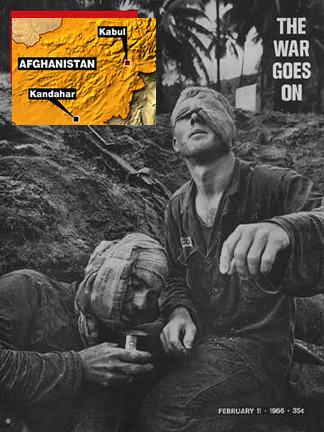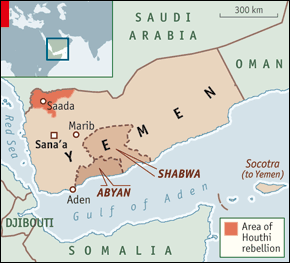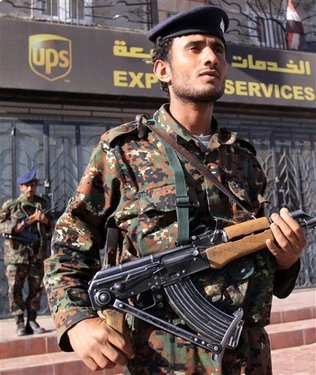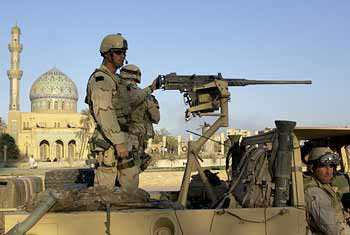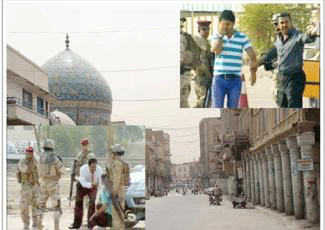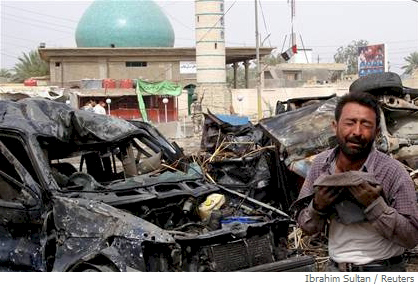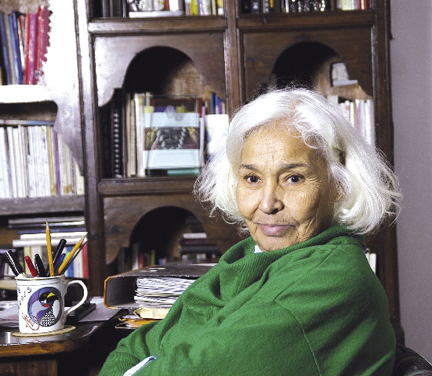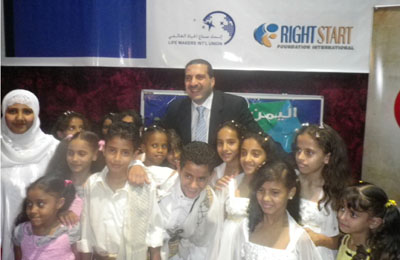
The Egyptian televangelist Amr Khaled with a group of young Yemeni performers at the opening ceremony of a new campaign to combat religious extremism in Yemen. Yemen Times photo
by Tom Finn. Yemen Times, November 25, 2010
ADEN, Nov. 23 — A campaign has been launched by the Yemeni government to win over Yemeni hearts and minds, in a battle to confront extremist ideology and favour Islam’s moderation.
The project was launched on Wednesday at an opening ceremony in Aden attended by the Deputy Prime Minister and representatives from the Ministries of Tourism, Culture and Justice.
As well as an array of performances by Yemeni children, the ceremony included a speech by Amr Khaled, the world renowned Egyptian televangelist, whose organization, the Right Start Foundation, will be leading the two week project to confront religious extremism in Yemen. Continue reading Rebuff the Radicals
